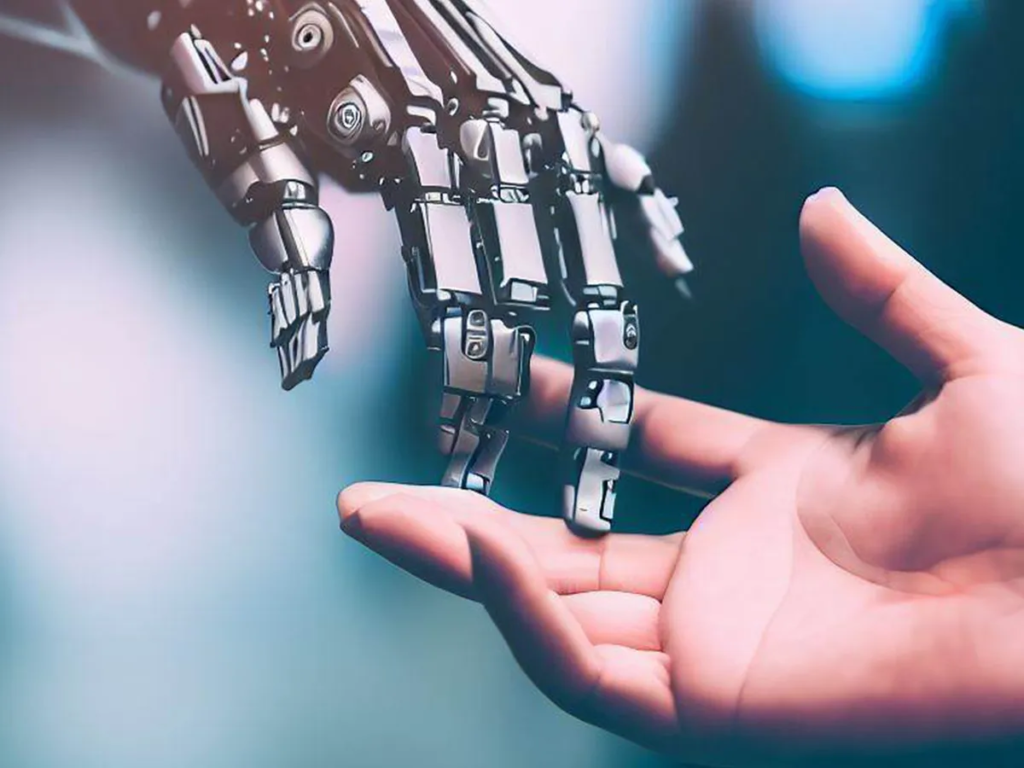Never before has technology evolved as rapidly as it has over the past century. The pace of AI development is getting faster, and it raises profound questions. Are we prepared for these technologies, or are these technologies prepared for us? This is a philosophical question, and it forms the basis of our quest for answers.
With the rise of AI-powered systems, such as ChatGPT, AI bank assistants, self-driving cars, healthcare screening tools, and AI-driven HR solutions, we are beginning to experience a taste of the future depicted in Isaac Asimov’s science fiction novels. AI is poised to make our lives easier, liberating us from tedious tasks and enhancing efficiency.
According to McKinsey forecast more than 70% of companies will adopt at least one AI solution, furthermore their stimulation showed that AI could generate additional growth of 1.2% of global GDP. It is already faster than humans in uncovering insights from huge amounts of data, contributing to fraud detection and cancer diagnosis.
However, beneath the surface of this futuristic promise lies a dualistic reality. While AI offers great benefits, it also presents challenges and pitfalls. ChatGPT has been exploited for cheating. AI technologies, like deep learning, enable the creation of convincing deepfakes. AI-driven bank assistants, hiring tools, and healthcare diagnostic systems have displayed alarming biases based on gender and race.
We have entered a gray area where the lines
between AI’s helpfulness and harm are blurred.
The question of responsibility looms large, and addressing biased algorithms becomes increasingly complex. AI is evolving at an astonishing rate, making it challenging to regulate effectively. This is where industry standards and frameworks come into play, operating on the premise of “what’s not (yet) restricted and causes no harm.” However, responsible frameworks, while anchored in human-centered and socially beneficial principles, remain broad and often lack specificity.
Companies find themselves in legal quagmires, facing lawsuits over technologies that emerged before regulations were in place or grappling with conflicting legislative approaches from one country or industry to another. It is within this context that we organize the Chicago AI Conference aiming to provide clarity, understanding, and actionable frameworks and best practices on responsible and ethical AI for regulated industry.
The world of AI is a double-edged sword,
offering potential while presenting significant challenges.
Responsible and ethical AI is not a choice but a necessity. As we continue through this blog series, we will dive deeper into the multifaceted landscape of responsible AI, exploring frameworks, standards, real-world cases, and actionable insights. Our mission is to empower individuals and organizations, especially regulated industry leaders, to navigate this ethical frontier, making the most of AI’s potential while ensuring that it remains aligned with our values and aspirations.

